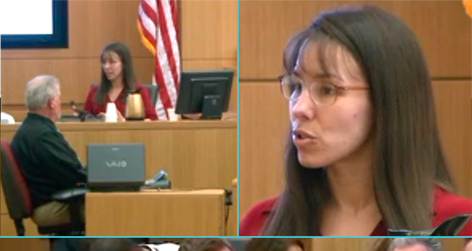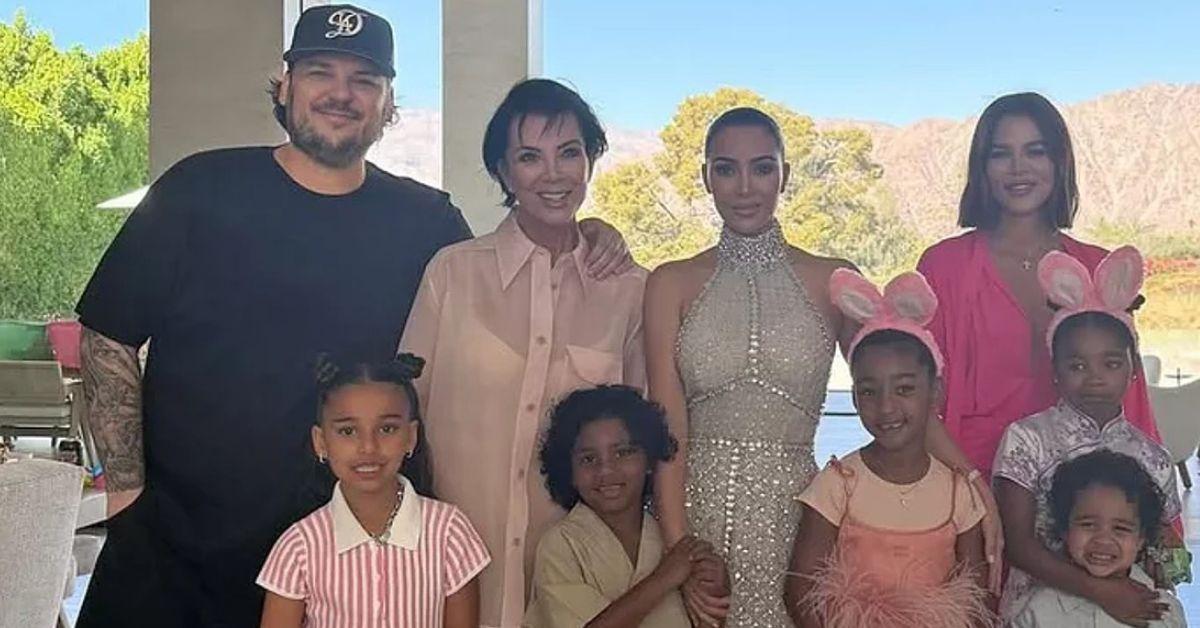10 Key Questions The Jury Will Debate To Decide Jodi Arias' Fate

May 3 2013, Published 6:36 a.m. ET
After four long months and a marathon day of final expert testimony to a packed out courtroom, the closing arguments in the Jodi Arias murder trial finally begin on Thursday – paving the way for intense jury deliberation.
The jurors have a mountain of expert witnesses, conflicting arguments and ever-changing stories from Jodi to debate behind closed doors, and with the help of Miami Criminal Defense Attorney Mark Eiglarsh, RadarOnline.com is exclusively predicting the questions they will ask as they decide the killer's fate.
1. What are the cold hard facts?
2. Do we believe everything the prosecution presented?
3. Do we believe Jodi's version of events? "If you get 12 people who disagree with what she said then you get left with premeditated first degree murder," explained Eiglarsh. "But they may consider elements of her story."
4. If not, which parts of her story do we believe? Is that enough beyond a reasonable doubt for a first degree murder conviction?
5. What kind of behavioral syndrome did she have when Travis died? "It is the battle of the experts," explained Eiglarsh, "Which I don't think is particularly relevant, because even if the defense is to be believed that she suffers from post traumatic stress disorder their argument will be that she was 'in a fog,' which is theoretically possible, but that just doesn't fit to this scenario."
6. Does she suffer from borderline personality disorder or post traumatic stress disorder? Or is she just a woman scorned?
7. Was it premeditated first degree murder and justifiable for the death penalty? If not, "then they will say, lets discuss second degree," said the criminal defense expert.
8. What was the sequence of events? Was the stab first or the shot first?
9. Did she return the gas cans like she claimed? "If not she lied to the jury," Eiglarsh said.
10. Why did she call Travis' phone and act like he was still alive?

"I don't think the deliberations will be quick, there is far too much to debate and the jurors know that the world is watching and they will be criticized if they come back too quickly," concluded Eiglarsh.
"I think they stay in there longer to give the image that they thoroughly reviewed the evidence and not rushed to judgement."


